No, Haiti does not currently have a royal family. The last monarch, Faustin I, was deposed in 1859, and there have been unsuccessful attempts to reinstate monarchy in the country since then.
However, the history and legacy of Haiti’s royal family continue to influence the country’s culture and heritage.
The Origins of Haiti’s Royal Family
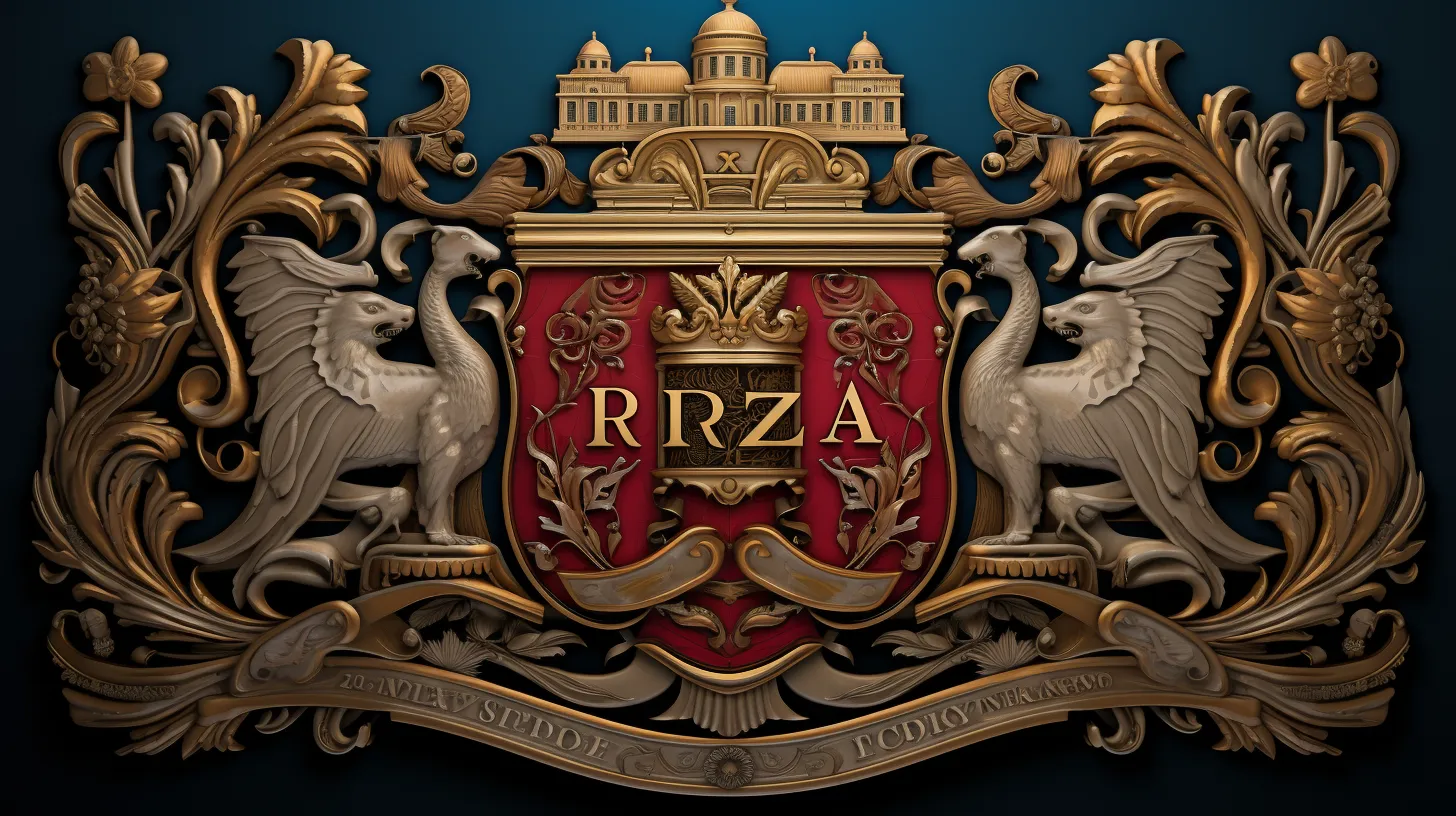
The origins of Haiti’s royal family can be traced back to the establishment of the Kingdom of Haiti by Henri Christophe on March 28, 1811. After the successful Haitian Revolution, Christophe, a key figure in the fight for independence, declared himself king. He built grand structures like castles and palaces, including the impressive Citadelle Laferrière. Christophe also formed a noble class, appointing princes, dukes, counts, barons, and chevaliers.
However, the kingdom faced internal conflicts with the Republic of the South and the Revolution of the North until reunification under Jean-Pierre Boyer. Later, Faustin I’s reign marked the re-establishment of the Haitian Empire. Despite the occupation of Haiti by various forces, the legacy of Haiti’s royal family remains an integral part of the country’s history and culture.
The Reign and Influence of Haiti’s Monarchy
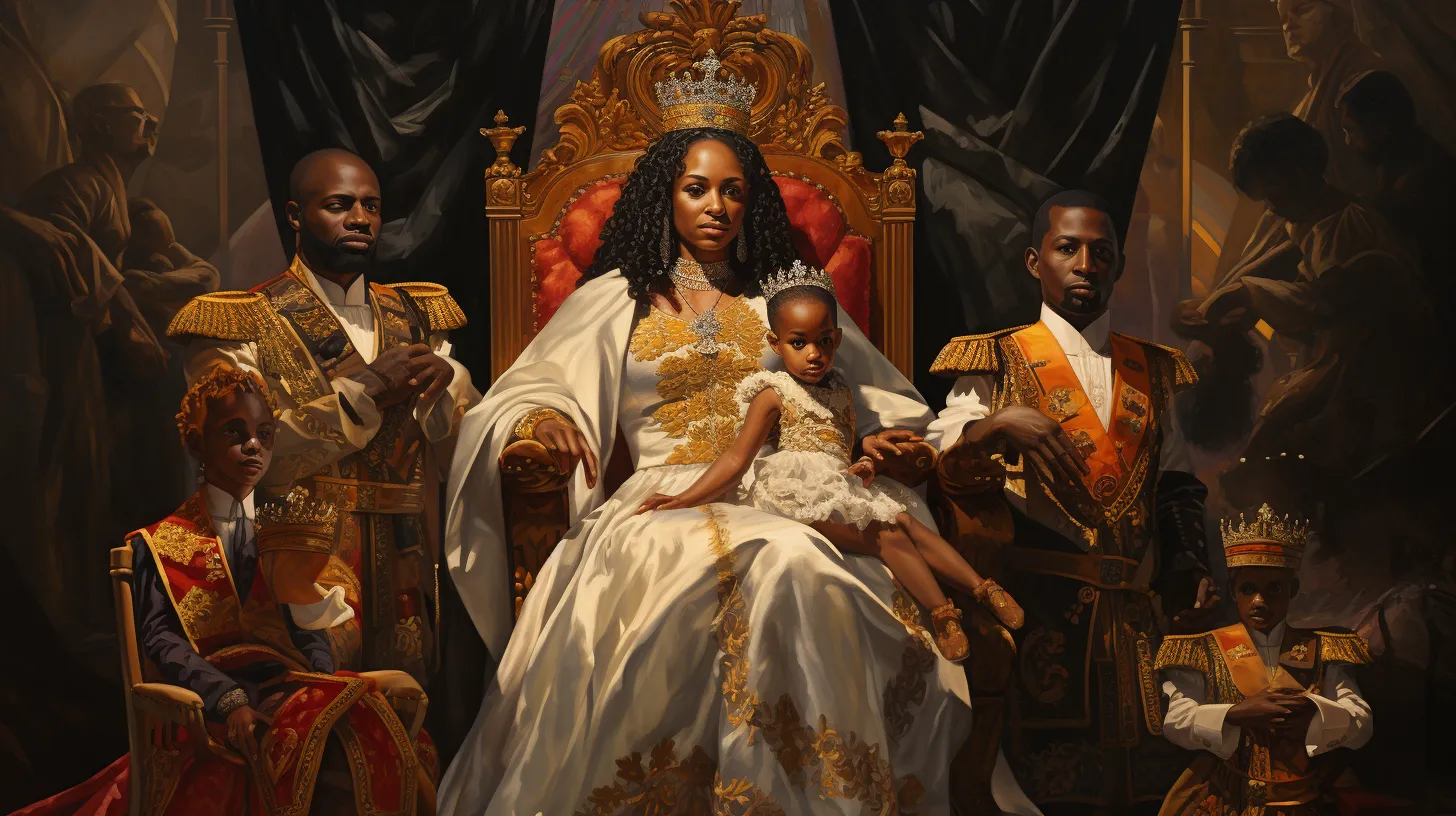
During Henri Christophe’s reign, the monarchy in Haiti exerted significant influence over the nation’s development and governance. Christophe established the First Empire of Haiti in 1811, creating a noble class and appointing princes, dukes, counts, barons, and chevaliers. His efforts to centralize power were evident as he became King Henry, with a vision to elevate Haiti’s international status.
However, after his death, the monarchy faced challenges. The Second Empire, under Faustin I, saw the re-establishment of the Haitian Empire, but internal and external conflicts, including unsuccessful invasions of the Dominican Republic, led to his ousting in 1859.
Despite these challenges, the influence of Haiti’s monarchy in shaping the nation’s history and politics can’t be understated. The monarchy’s reigns, from Henri Christophe to Faustin I, have left a lasting legacy on Haitian governance and society.
The Downfall of Haiti’s Monarchy
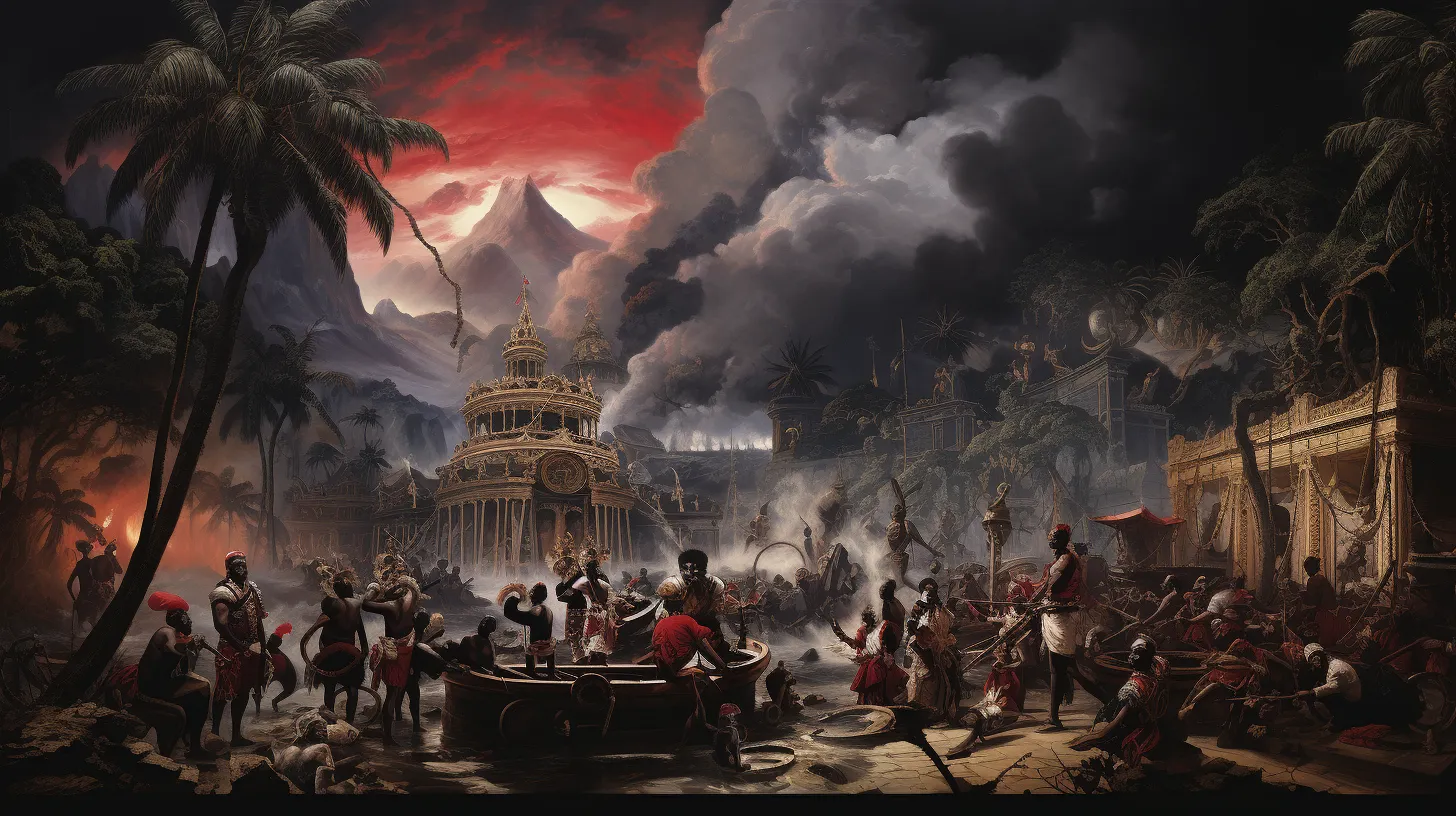
Immediately following King Henri Christophe’s rule, the monarchy’s influence in Haiti waned, eventually leading to its downfall due to internal strife and failed military endeavors. The failed invasions of the Dominican Republic strained relations between Haiti and its neighbor, contributing to the downfall of Faustin I’s reign as the king of Haiti.
Faustin I’s ruthless actions and unsuccessful invasion of the Dominican Republic led to his eventual ousting in 1859, marking the end of the monarchy in Haiti. Despite attempts to revive the monarchy, such as the Second Empire of Faustin Soulouque and Pierre Nord Alexis’s failed re-establishment in 1902, Haiti transitioned away from monarchy.
The reigns of Jean-Claude (Baby Doc) Duvalier and Jean-Bertrand Aristide solidified Haiti as a republic, moving away from its monarchical past. The once grand Citadelle Laferrière now stands as a symbol of Haiti’s rich history, while the royal titles of Faustin II and others became a part of Haiti’s historical legacy.
Legacy of Haiti’s Royal Family
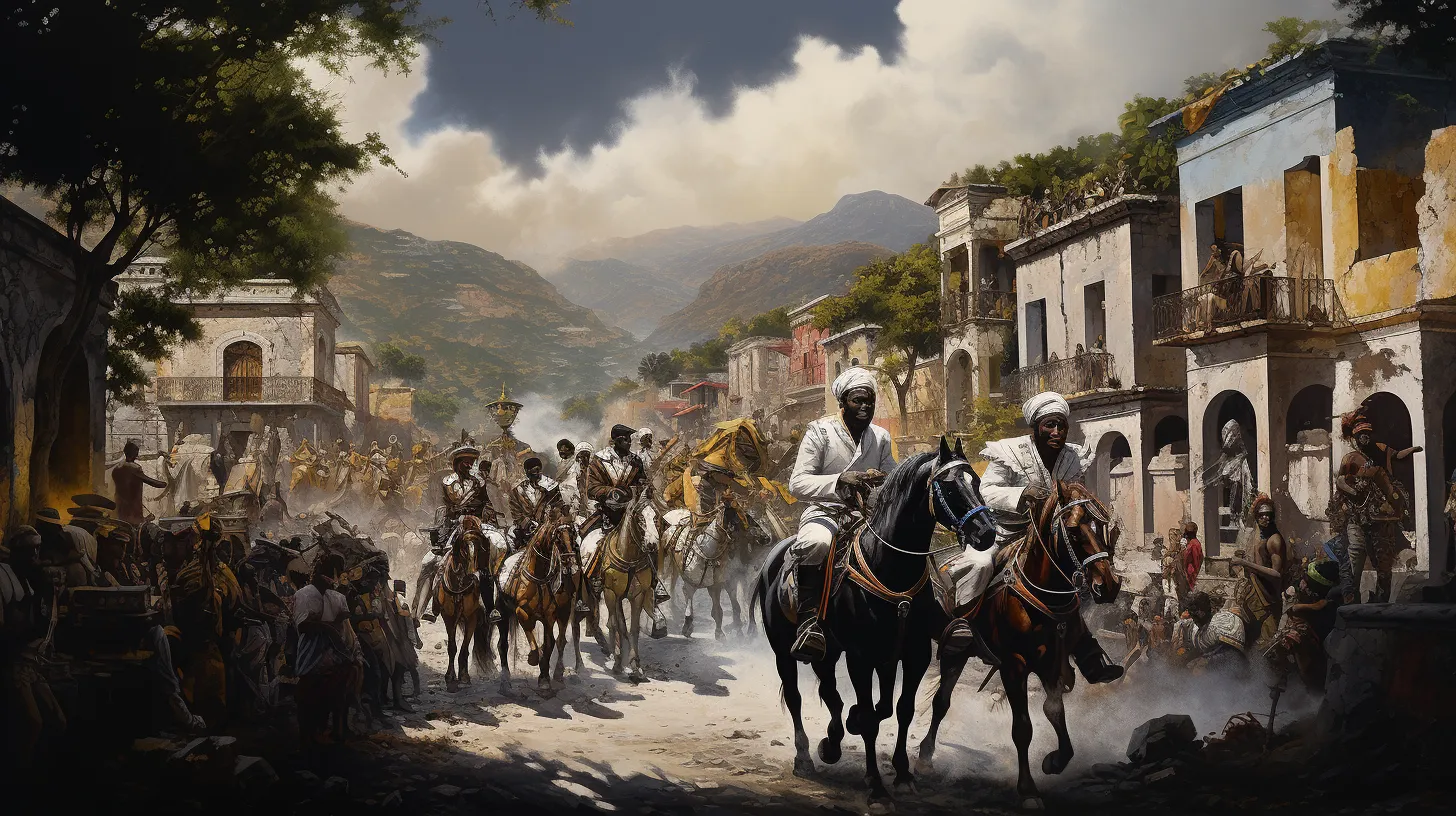
Despite the downfall of Haiti’s monarchy, the legacy of Haiti’s royal family continues to shape the country’s historical narrative and socio-political landscape.
Henri Christophe’s establishment of the Kingdom of Haiti in 1811 left a lasting impact, evident in the architectural marvels he built, which stand as a testament to the country’s rich history.
Additionally, the reign of Faustin I and his attempts to invade the Dominican Republic not only strained international relations but also reshaped the socio-political landscape of the time.
Even after the monarchy’s demise, subsequent leaders like Jean-Pierre Boyer, who served as president, were influenced by the legacy of the royal family.
The complex and at times tumultuous history of Haiti’s royal family has left an indelible mark on the nation, shaping its identity and political trajectory.
Impact on Haiti’s History and Culture
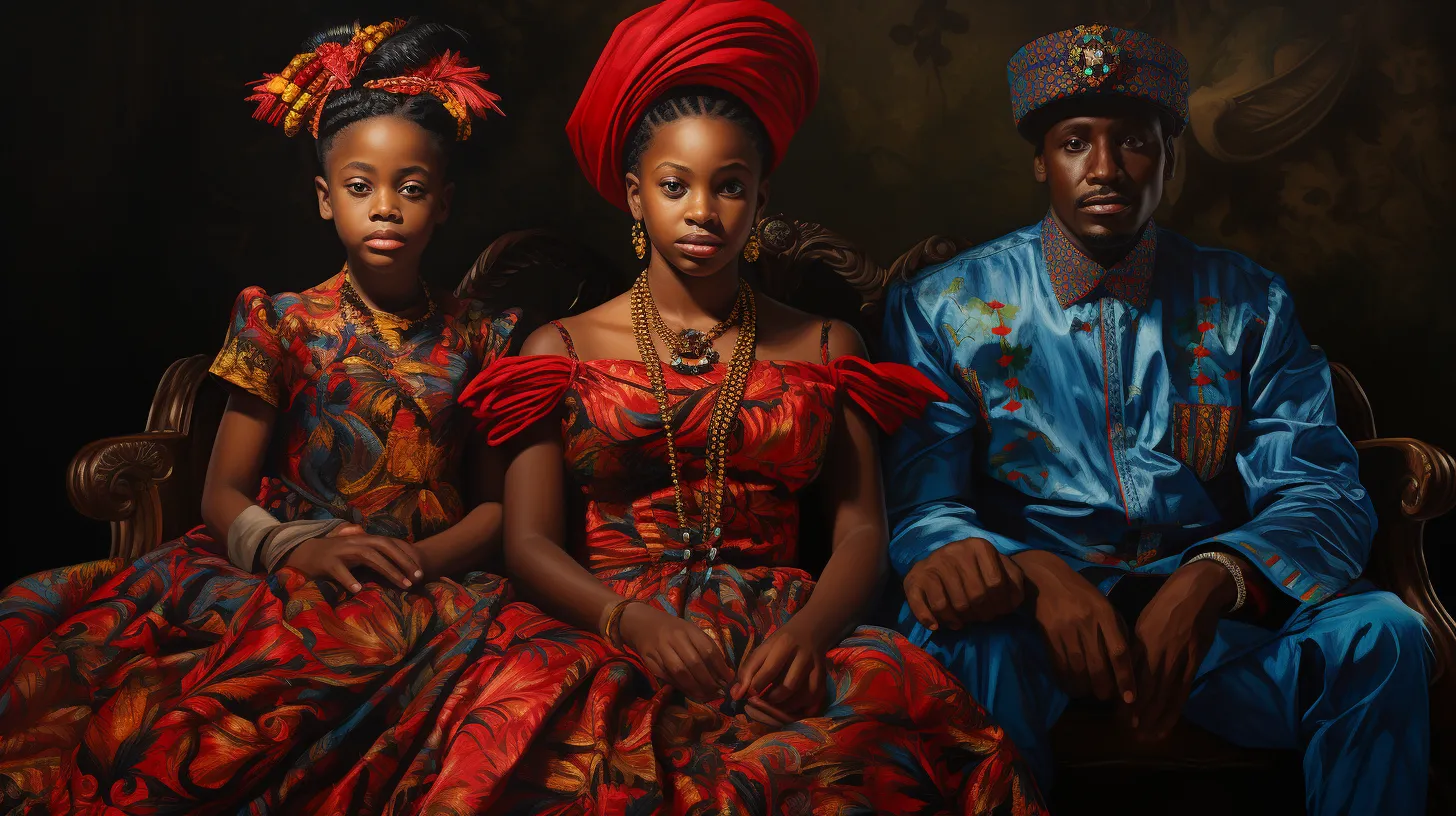
The establishment of the Kingdom of Haiti by Henri Christophe in 1811 had a significant impact on the country’s history and culture. The creation of a noble class, along with the construction of castles, palaces, and the Royal Chapel of Milot, shaped Haiti’s historical and cultural landscape.
Tensions and reunification efforts after Jean-Jacques Dessalines’ assassination also left a lasting impact on Haiti’s history and cultural development.
Faustin I’s reign, marked by endeavors to reclaim the Dominican Republic and failed invasions, also influenced Haiti’s history and culture.
Faustin II’s unique rule during the US occupation period further contributed to the country’s historical and cultural narrative.
These events, along with the establishment of a studies program in northern Haiti, the natural disasters the country faced, and the return of political figures who became president, all had a profound impact on Haiti’s history and culture.



